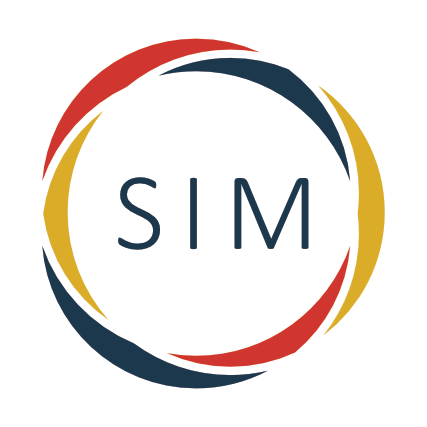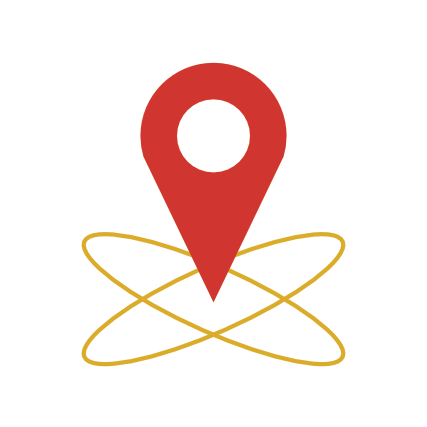What Is Systems Mapping
We develop a map of your local network, highlighting resources and needs
What Is Systems Mapping?
Systems mapping is a collaborative process that produces data-driven systems change using a public health model. Across every system, there are stakeholders working towards a common goal. Their aim might be reducing homelessness, diverting individuals with behavioral health needs away from the justice system, or keeping kids at home and in school and out of the juvenile justice system. But these systems are complex, and there is usually limited collaboration between people who work in them on the county, state, and federal levels. This leads to system fragmentation, duplication of efforts, and gaps in resources.
Through a systems mapping event, participants come together to create a map of their local networks. The map identifies existing resources, highlighting areas of need and opportunities for partnership. When agencies and institutions have a complete picture of how they interact with one another, they can work together to center their focus and efforts on the people they serve.
Why It’s Essential
These mappings help communities see systems clearly and make needed changes. The process results in a data-driven, collaborative, public health framework to approach its issue(s) of focus. Cross-systems mapping allows stakeholders to identify gaps, resources, and opportunities at strategic moments. The aim is a coordinated, robust system that can work effectively toward solving a common goal.
Core Components of Systems Mapping
The Policy Research Associates Inc., Systems Mapping Center’s (SMC) core components produce transformative systems change across each of its service offerings.
- Collaboration: Mappings are completed with multiple agencies and stakeholders, including individuals who have lived experience in the systems.
- Data-driven approach: The SMC uses local, state, and national statistics to inform the development of your local, data-driven report and action plan.
- Systems change: All products put together by the SMC are designed to be living documents. This allows jurisdictions to continuously update their maps and strategic action plans as things change.
Core Values
SMC services are grounded in our core values to ensure equitable, systems change:
- Trauma-informed approach: Communities are encouraged to adopt a trauma-informed lens to promote a person-centered, recovery-oriented system of care.
- Diversity, equity, and inclusion: SMC facilitators work with communities to identify inequities and disparities and come up with ways to address them.
- Person-first language: At the SMC, we strongly believe in the individuality, dignity, and equality of all people and use person-first language to convey that respect.
- Recovery is possible: SMC staff members believe that recovery is possible for all. We also recognize that recovery looks different for each person, and everyone has their own definition of success.
- Stigma abolishment: Communities are encouraged to work collectively to abolish this stigma, to work with others with respect and empathy, and to provide assistance free of judgment to people on their road to recovery.
Stakeholder Participation
Each participant in a systems mapping event may or may not be aware of their role in the broader system. It is common for people to see the landscape through the lens of their own agency or background. As a result, they may not be able to see overlaps and gaps that occur between service providers and other entities. When all stakeholders work together to create a complete picture of the system, they can see where they stand and what is missing. Communities can then decide which needs to prioritize.
Process and Delivery
Our mapping events are typically conducted in person to allow the fullest collaboration and discussion possible. However, we also facilitate these events virtually. We tailor each mapping to suit your community’s needs.
Each mapping is unique to the requesting community and the topic of the mapping. But typically a systems mapping event includes the following structure using expert facilitators from the Systems Mapping Center:
- A series of preliminary planning calls are held to understand the community and its needs and identify necessary stakeholders
- Facilitators and stakeholders gather data to assess local needs
- Facilitators and stakeholders host a systems mapping event to identify resources, gaps, and duplication via the creation of a systems map
- Stakeholders use their map of the system to identify priorities for change and begin strategic planning
- The facilitators prepare a final report that captures key details from the pre-event work and mapping event and provide recommendations and resources for implementation
View Our Systems Mapping Offerings
Follow-Up Assistance
Follow-up technical help is not always needed after your cross-systems mapping event. But some jurisdictions find additional assistance useful. If your community wants more support, the Systems Mapping Center is here. The Center can host follow-up meetings, give guidance and resources, or connect you with topic experts. These follow-up opportunities are offered on a fee-for-service basis if the need comes up.







